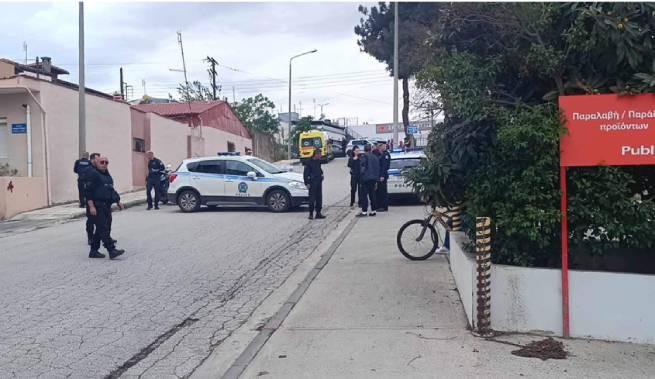The postponement of retirement by Greek citizens is due to increased needs and the inability to live on state payments. A citizen often looks for a second job to make ends meet. Or working overtime to “stay afloat”.
The research demonstrates the economic impasse that the Greek worker finds himself in and the ways in which he is trying to get out of this impasse. 22% of workers are increasing their hours, and four out of ten are also looking for additional employment to cope with the rising costs of literally everything. Also revealing is the fact that 16% of workers are postponing retirement to avoid cuts in their income that would prevent them from covering the increased cost of living.
The Workmonitor study, commissioned by Randstad, was conducted last October in Greece on a sample of 1,000 people. The survey data clearly shows that more than half of workers are concerned about the impact of economic uncertainty on their job security. However, workers in general do not seem ready to give up the demands and expectations that they had formed during the pandemic. Notably, 97% of employees consider work-life balance to be extremely important in both their current and future jobs.
Despite general economic instability and rising costs of living, about one in three workers in Greece have quit jobs that did not fit their personal lives.
Greek workers are looking for new sources of income to cope with the rising cost of living. The cost-of-living crisis is impacting both employees and retirement expectations. 16% say they plan to delay retirement because they want to save for “old age” while they are young, energetic and healthy, while 61% express serious concern about the drop in their income as a result of retirement.
The cost of living and the overall financial benefits of working are discouraging factors and act as a deterrent to workers’ decision to end their careers.
While the previous year’s survey results indicated that the majority of workers expressed confidence that they would retire before age 65, the current survey shows a very different point of view and clearly shows that economic uncertainty is a central factor.
Globally, one in two respondents believe they will be able to retire before the age of 65, while in Greece only 44.2% answered yes to the same question.
But what element works as an obstacle to retirement? Financial data for pensions are indicative. Six out of ten pensioners receive a pension below 1,000 euros, while the average basic pension is only 674.8 euros. According to data from the Helios pension system, a characteristic of the broader income situation of pensioners is that 57.29% of the basic pensions paid out in previous months were between 500 and 1,000 euros. Accordingly, only 34.97% of basic pensions are 1,000 euros or more.
In addition to the basic old-age pensions (old and new), which remained at a low level for another month (841.80 euros), a similar picture was recorded for both additional pensions (on average 194.01 euros) and dividends (105.06 euro on average).







More Stories
Study: How Angry Emotions Can Harm Blood Vessels
The Holy Fire will arrive at Athens airport at 19:00
Be careful: no one is safe from a black widow bite (video)